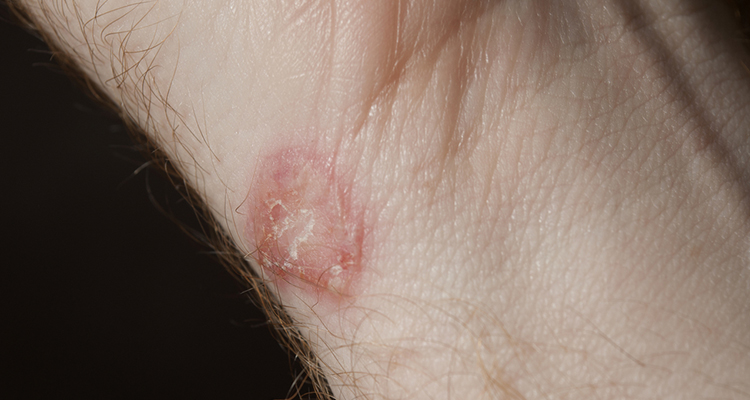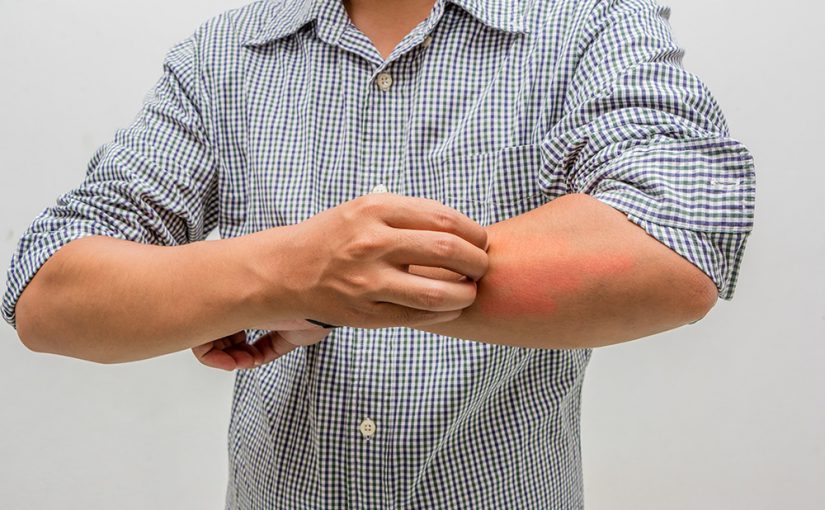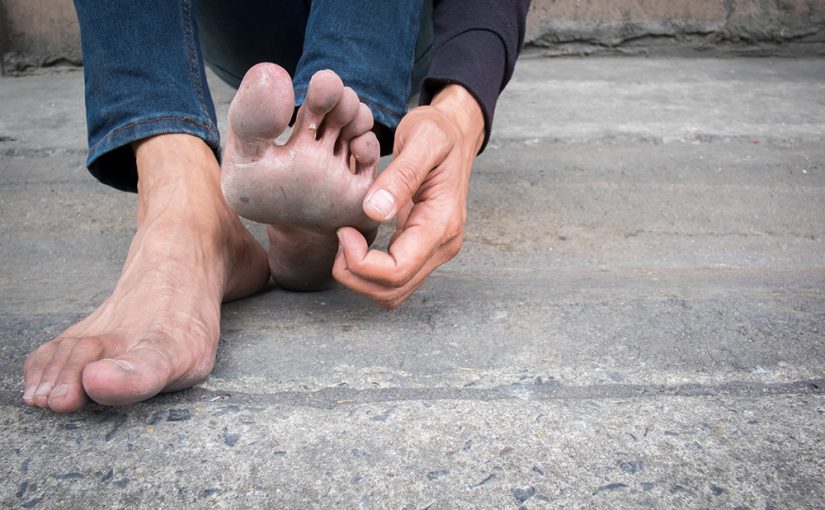Have you ever cancelled travelling plans or your relative’s wedding because of your skin infections? Have you ever tried to cover your skin infections with clothes? Almost everybody has experienced the trauma of fungal skin infections. Neither they make you look beautiful nor are you happy to have them.
Fungi live in soil, air, water, plants, and even in the human body. They feed off keratin, a protein which is found in your hair, nail and skin. Fungal infections are caused by a class of fungi known as dermatophytes, and occur when fungi invade a particular area of your body.
Who is Prone to Fungal Infections?
Fungal infections can occur to anyone, from adults to children, and even animals. Some people are more likely to develop fungal skin infections than others. Those who are more prone to these infections include:
- People with a weakened immune system such as children, old people, diabetic people, etc.
- People who sweat a lot as it allows fungi to grow
- People who are struggling with their weight
- People who come in close contact with infected people
- People who are genetically driven towards the infection
- People who frequently visit the public places such as locker rooms or showers because fungi thrive in the warm and moist environment.
Types of fungal Infections
Some of the most common types of fungal skin infections include:
Ringworm (Tinea Corporis)
Ringworm is one of the most common fungal infections of the skin. Unlike its nomenclature, it has nothing to do with worms. It is actually caused by a class of fungi that affects your skin. This type of fungal infection is contagious and can be transferred from one person to another in many ways.
Direct skin contact with an infected person, animals such as dogs, cows, cats, etc. are some of the common modes of transmission of the disease. It can also occur by sharing clothes, hair products, or other personal belongings of infected people. The fungus that causes ringworm also infects soil, mud and water. So if you’re playing or working barefoot in your garden, there are chances you may catch the infection.
Symptoms of Ringworm
You can easily recognize the signs and symptoms of ringworm, depending on the infected areas:
- Red and itchy skin patches
- Oozing patches due to blisters
- Nails affected by it become thicker and begin to break
Prevention and Treatment
Ringworm is not a serious infection if treated timely. Here are some tips to avoid it:
- Keep your skin clean and dry
- Take a proper bath and shampoo your hair regularly
- Wear footwear in public spaces
- Don’t share clothes and hair products of infected people
- Wash your hands with soap after playing with your pet
- Keep your feet clean and dry
The effective treatment for ringworm includes applying the best antifungal creams in India which can treat your infection in a few weeks depending upon the severity of the condition. If symptoms are serious and you don’t respond to OTC medications, consult a dermatologist for proper diagnosis and treatment.
Athlete’s Foot (Tinea Pedis)
Athlete’s foot, also called as tinea pedis, is a fungal infection of the feet. It usually affects people who are involved in sports activities because the fungus grows best in warm and moist environment such as shoes, locker rooms, and sports equipment. It is most common in warmer climates and summer months where it can easily grow and multiply. If left untreated, it can also spread to hands, toenails, and other parts of the body.
Symptoms of Athlete’s Foot Infection
Though symptoms of athlete’s foot vary from person to person, some common symptoms include:
- Peeling, scaling and cracking of the feet
- Redness or blisters in the affected area
- The infected skin becomes soft or starts to break down
- Itching or burning sensation in the infected area
- Thick and discolored toenails
- Dry skin on your soles
Prevention and Treatment
Not all itchy feet are the result of athlete’s foot infection, therefore visit your doctor for proper diagnosis. The doctor will diagnose the infection by scraping or scaling your skin off for the evidence of any fungus. You can also take some preventive measures to avoid this type of fungal infection.
- Keep your feet area clean and dry
- Avoid occlusive footwear and allow your feet to breathe
- Wear footwear in public showers or locker rooms
Athlete’s foot can often be treated with a top quality antifungal ointment or a skin fungal infection treatment cream, which are easily available to purchase over-the-counter.
Jock Itch (Tinea Cruris)
Also known as tinea cruris, jock itch is a very common fungal infection of the skin. It is most common in men and young boys. The fungi that cause jock itch like warm and damp environment, and grow in moist areas of the body which are prone to sweating such as the groin, buttocks, and inner thighs. It is mildly contagious and often spreads through direct contact with an infected person or an object that is carrying the fungus.
Symptoms of Jock Itch Infection
Generally, it appears on the body as the circular red rash. Other symptoms include:
- Redness in the groin and thighs
- Itching, chafing or burning in the groin area
- Peeling or cracking skin
- Changes in skin color
Prevention and Treatment
Jock itch infection can be easily prevented by following certain tips such as:
- Wash the infected area with a good quality soap and apply baby powder around your groin as it can be helpful in controlling excess moisture
- Avoid tight-fitting clothing as it may increase your risk of infection. Wear loose-fitting cotton clothes instead
- Make sure you keep the area clean and dry after exercising and bathing
- Change clothes and underclothing everyday
Treating jock itch generally involves applying good quality topical antifungal ointments and maintaining proper hygiene. Many cases of this infection can be easily improved with the help of an over-the-counter jock itch cream, though severe cases may require prescription medications from doctors.
Fungal skin infections are common throughout the world. These infections are not something you need to be afraid of. Always keep the best cream for fungal infection at home to instantly treat any infection as soon as it occurs.















